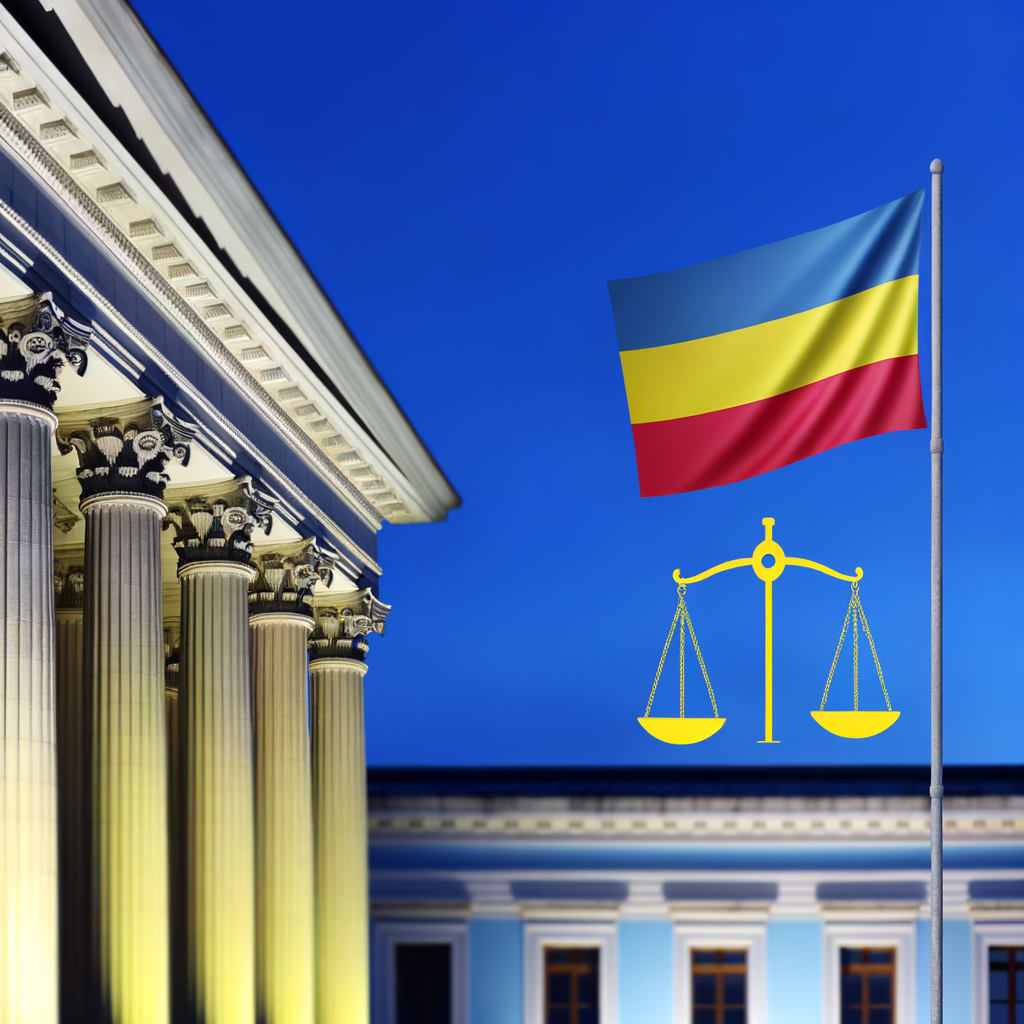Trump Authorizes CIA Operations in Venezuela Amid Rising Tensions
US President Donald Trump has confirmed the authorization of Central Intelligence Agency (CIA) operations in Venezuela, sparking international debates and escalating tensions with the Latin American nation. The move is part of Trump's broader campaign against drug trafficking in the region, a strategy that has included multiple fatal strikes against alleged drug boats in the Caribbean.
Background and Context
The latest development comes on the back of several strikes carried out by the US military in the Caribbean Sea. At least five strikes have targeted alleged drug boats reportedly operated by cartels based in Venezuela, a nation that Trump has repeatedly accused of aiding narcoterrorists
. Trump's administration is said to be considering further action, including potential land operations.
The intensifying US military pressure on Venezuela has drawn global attention. The presence of US military B-52 bombers and helicopters near the Venezuelan coast was reported last week, indicating a show of force against the Maduro government.
Key Developments
Trump cited two reasons
for authorizing the CIA to conduct operations in Venezuela. He accused Venezuela of emptying its prisons into the United States through the border and reiterated his administration's commitment to combating Latin American drug traffickers.
Venezuelan President Nicolás Maduro has responded to the US strikes and the subsequent CIA authorization by launching military exercises and deploying troops near the Colombian border. Maduro also formally asked the UN Security Council to declare the US strikes in the southern Caribbean illegal and to condemn what Caracas calls an unprecedented authorization
for lethal CIA operations against the country.
Global Reactions and Implications
The US's escalated military intervention near Venezuelan waters has drawn criticism from Iran, with the country's Foreign Ministry condemning the move as a flagrant violation of the basic objectives and principles enshrined in the UN Charter
.
Meanwhile, a bipartisan group of US Senators moved to block Trump from engaging in hostilities in Venezuela under a War Powers Resolution. This legislative action underscores rising domestic concerns about the Trump administration's tactics against Venezuela.
Financial indicators also suggest that Trump's aggressive stance towards Venezuela could have economic implications. Venezuelan dollar titles have risen by more than 50% in price this year, as investors anticipate the increased pressure on the Maduro government might increase Caracas's chances of regaining access to global markets.
Current Status
Despite the rising tensions, Trump confirmed reports that Maduro had offered to grant the US access to Venezuelan oil and other natural resources, a proposal that the Trump administration wrote off. This comes as a part of Maduro's efforts to negotiate and avoid escalating conflicts with the US.
As the situation continues to unfold, it remains to be seen how these CIA operations will impact the already strained US-Venezuela relations and the wider geopolitical landscape.

